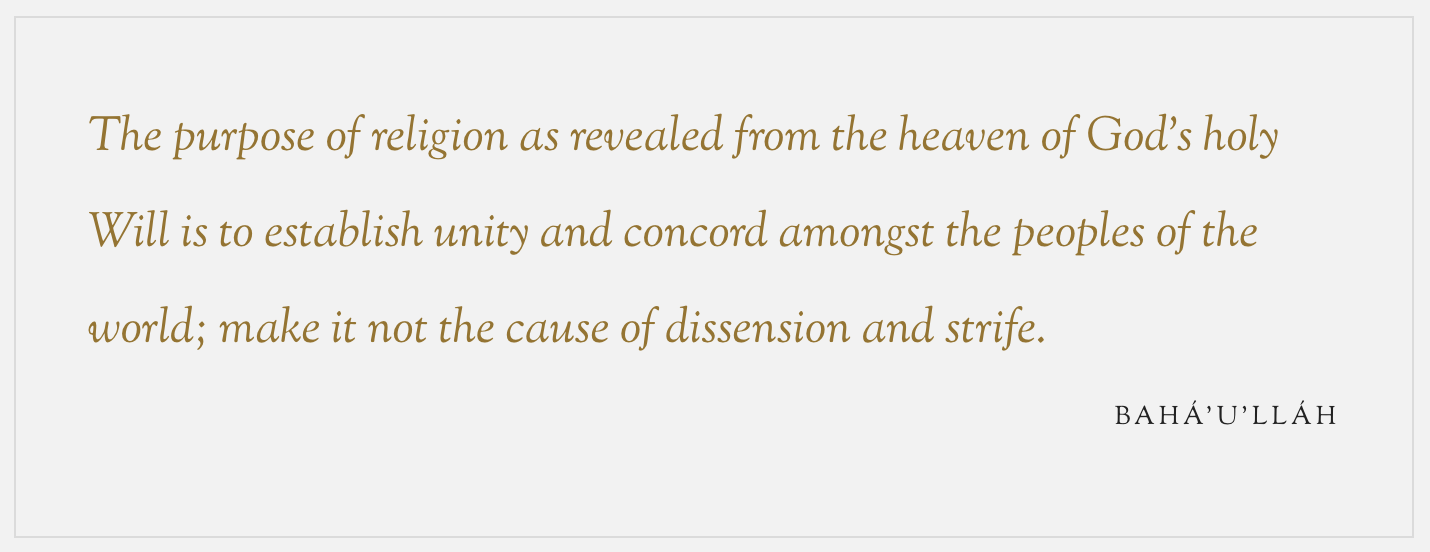“Reflections on the Life of the Spirit” is the first in a series of free discussion classes or “study circles” offered at the Lake Oswego Bahá’í Center and in neighborhoods around the metro Portland area. The focus of the class is largely concerned with the question of true identity and uses passages and quotes from the Bahá’í writings to explore spiritual themes related to prayer, the soul, and life after death.
Small groups of individuals typically meet once per week. Anyone aged fifteen or older, whether a Bahá’í or not, is welcome to take part. Each group is brought together by an unpaid volunteer tutor. Tutors are not clergy and do not hold any special status or rank within the Bahá’í community. They are simply those who have previously studied the course materials and who have received some further training related to facilitating study circles with others. Everyone can potentially serve as a tutor on some occasions, while continuing to take part as a member of a study circle on others.
A core principle of the Bahá’í Faith is the independent investigation of truth. All those participating are seen as active agents of their own learning, and tutors strive to create an atmosphere that encourages individuals to assume ownership for the spiritual educational process in which they are engaged. A study circle should be a space that leads to the spiritual and moral empowerment of individuals.
The materials also include passages from the Bahá’í writings related to specific themes and acts of service. Together participants think about the application of these passages to their individual and collective lives. Among the questions they explore are how to create environments that put people in contact with the spiritual forces released through prayer and devotion, how to strengthen bonds of friendship and establish meaningful patterns of communication among people of various backgrounds, and how our own spiritual growth and development doesn’t occur in a vacuum but is directly tied to the spiritual progress and wellbeing of others and of our communities.
To build a better world requires an ever-growing pool of people capable of contributing to the accomplishment of the myriad tasks at hand, and regardless of your faith, background or belief we invite you to work alongside us as we strive to build better communities and to create unity in our city, our country and our world.





